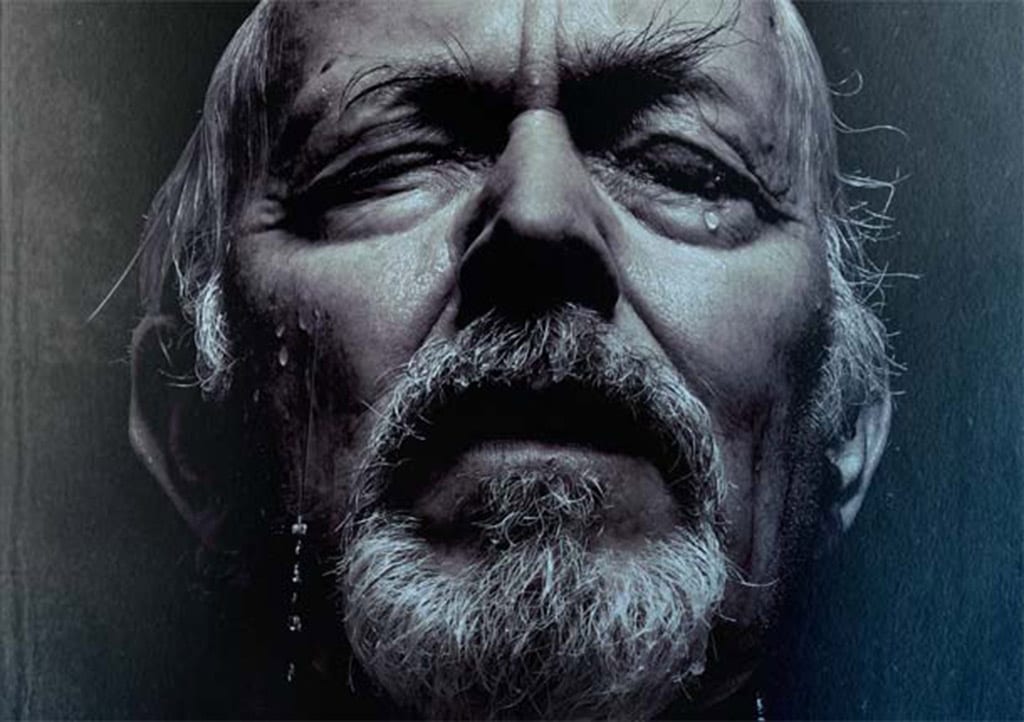The new production of King Lear directed intelligently by Max Webster and highlighting a powerful performance by Michael Pennington is touring at the moment. It is a serious, excellent and completely compelling evening in the theatre. It is also a simple, straightforward reading of the play. Direct and clear in its approach, it misses none of the major themes or highlights of this great, complex play and the more general commentary of some of the characters about life, politics, mendacity and betrayal seem remarkably topical. I would perhaps have liked a bit more storminess during the storm itself; to see Lear descend a bit more deeply into his rage and madness at the climax. I was also not convinced by the time it is supposed to be set in, which seems to be a kind of timeless twentieth century; but that is merely to quibble. This production makes one consider all the elements of the play. And at the centre, as there must be, is a superlative, well-thought-out, emotionally compelling performance by Michael Pennington as the King.
The audience the night I attended was hooked from the opening moments and completely attentive throughout. The pacing of this production is sure and swift; everything is presented in a straightforward manner, with consistently strong acting from every member of a small cast that is also doing some very clever doubling. For this team it is clear that the text is the thing – you are able to attend to everything that is being said, to all the arguments, to all the philosophies of the characters; and to all the poetry.
Michael Pennington is totally praiseworthy as the King. He conveys from the start the mixture of charm, arrogance and authoritarianism, the almost demented solipsism and the barely suppressed anger, and then follows Lear’s development step by step through madness to understanding. At the start, Lear is blind to his own flaws, to the flaws in his daughters, and wilfully unable to listen to any criticism or any other point of view; he is blind to where truth and real love reside. By the end he is a man whose torment has brought him some humility and wisdom. The second half of the play is particularly strong, with the scenes between the blinded Gloucester and Lear, and then Lear and Cordelia, being especially affecting. The final sequence is memorable and totally gripping.
The subplot about Edmund, Edgar and Gloucester, the interconnection of the plots through the lascivious daughters Goneril and Regan, the tenderness of Cordelia, the sharpness of the Fool, the almost blind loyalty of Kent, all pass before you convincingly and quickly enough so that you do not question any of the plot devices. I want to praise Pip Donaghy as Gloucester, Gavin Fowler as Edgar and all three daughters (Catherine Bailey’s Gonerial, Sally Scott’s Regan, Beth Cooke’s Cordelia) as well as Adrian Irvine’s Albany, Shane Atwooll’s Cornwall and Daniel O’Keefe’s Oswald, all of which were memorable and all of which, along with Tom McGovern’s cheeky Kent and Joshua Elliott’s sweet-natured Fool, appear convincingly if briefly as part of the general ensemble in other roles.
This production is direct, perhaps less nuanced or deep in its interpretation than some, and it has bedded down well since originating at the Royal and Derngate in Northampton. Michael Pennington and the cast revel in their journey through the course of this story. I recommend it strongly, especially as an introduction to the play.

